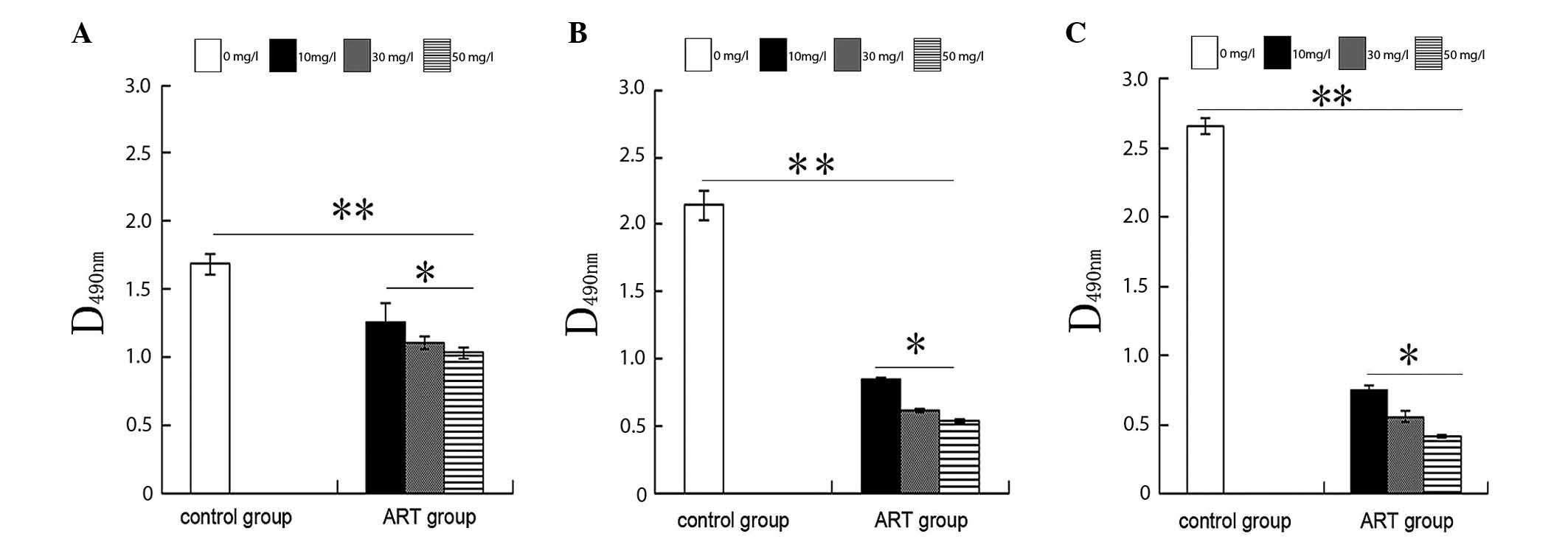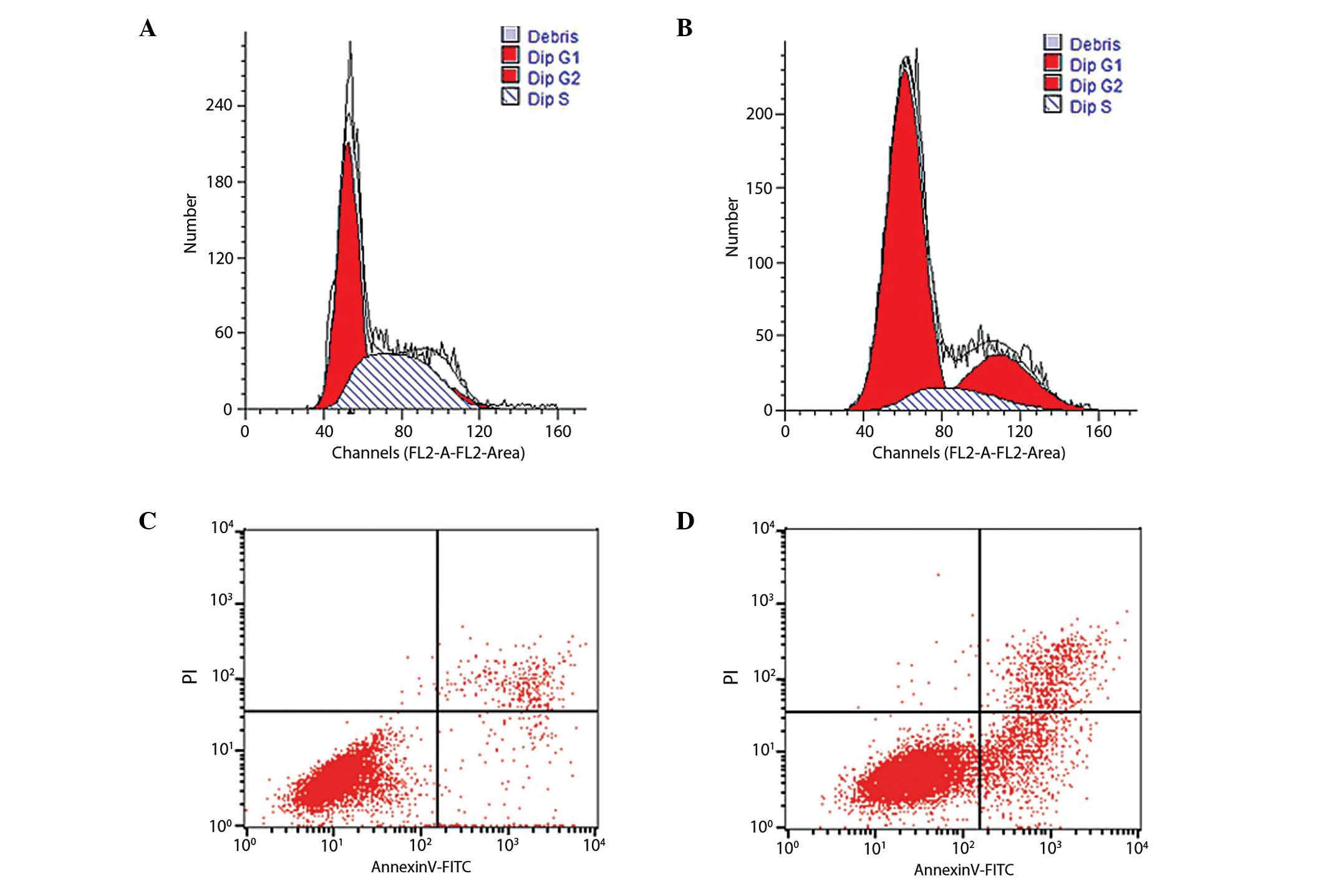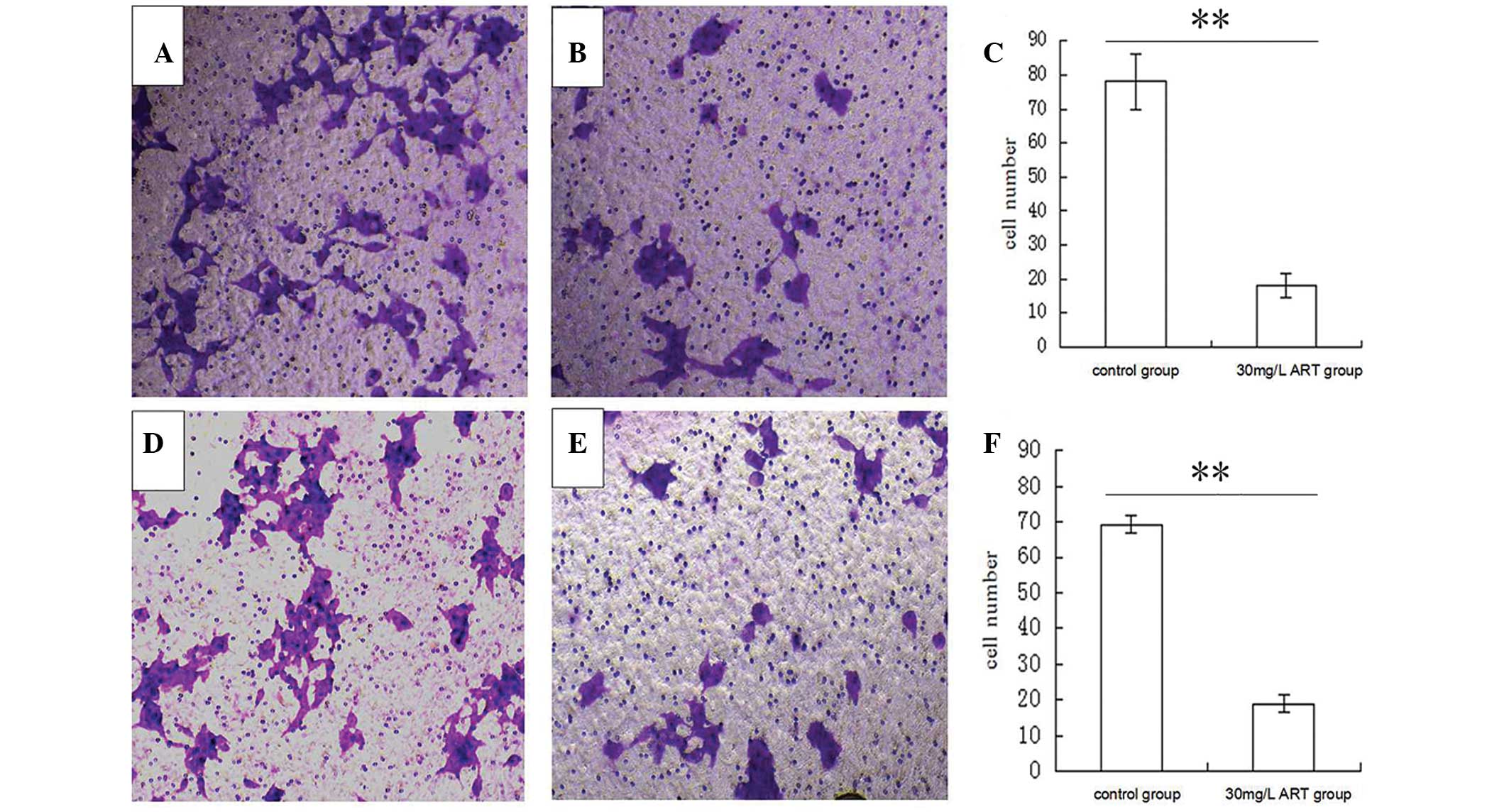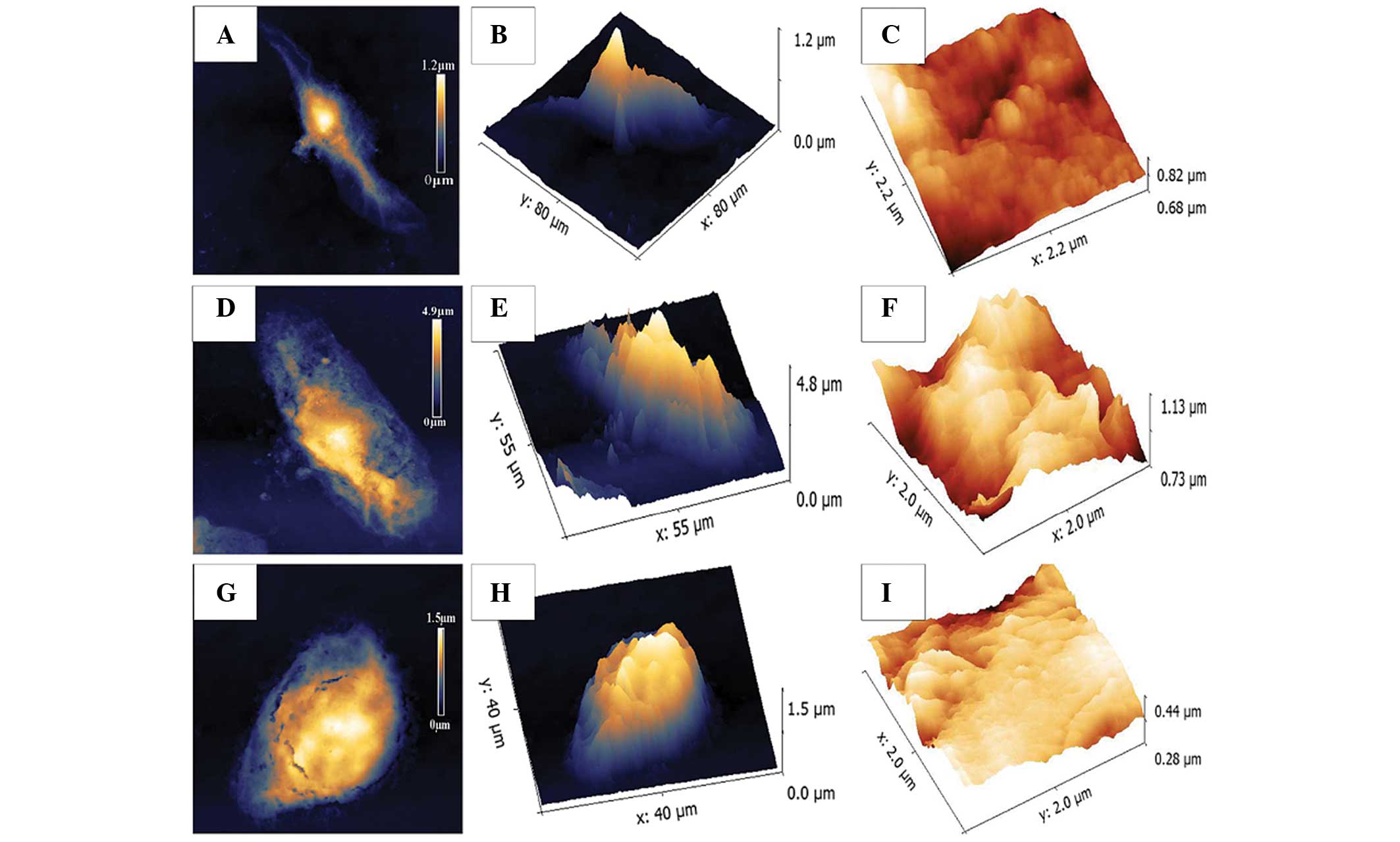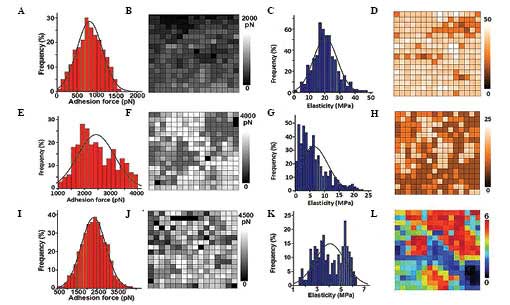Spandidos Publications style
Shi R, Cui H, Bi Y, Huang X, Song B, Cheng C, Zhang L, Liu J, He C, Wang F, Wang F, et al: Artesunate altered cellular mechanical properties leading to deregulation of cell proliferation and migration in esophageal squamous cell carcinoma. Oncol Lett 9: 2249-2255, 2015.
APA
Shi, R., Cui, H., Bi, Y., Huang, X., Song, B., Cheng, C. ... Cheng, X. (2015). Artesunate altered cellular mechanical properties leading to deregulation of cell proliferation and migration in esophageal squamous cell carcinoma. Oncology Letters, 9, 2249-2255. https://doi.org/10.3892/ol.2015.2982
MLA
Shi, R., Cui, H., Bi, Y., Huang, X., Song, B., Cheng, C., Zhang, L., Liu, J., He, C., Wang, F., Jia, Z., Yang, B., Wang, J., Dong, J., Du, Z., Xiao, S., Cui, Y., Cheng, X."Artesunate altered cellular mechanical properties leading to deregulation of cell proliferation and migration in esophageal squamous cell carcinoma". Oncology Letters 9.5 (2015): 2249-2255.
Chicago
Shi, R., Cui, H., Bi, Y., Huang, X., Song, B., Cheng, C., Zhang, L., Liu, J., He, C., Wang, F., Jia, Z., Yang, B., Wang, J., Dong, J., Du, Z., Xiao, S., Cui, Y., Cheng, X."Artesunate altered cellular mechanical properties leading to deregulation of cell proliferation and migration in esophageal squamous cell carcinoma". Oncology Letters 9, no. 5 (2015): 2249-2255. https://doi.org/10.3892/ol.2015.2982















